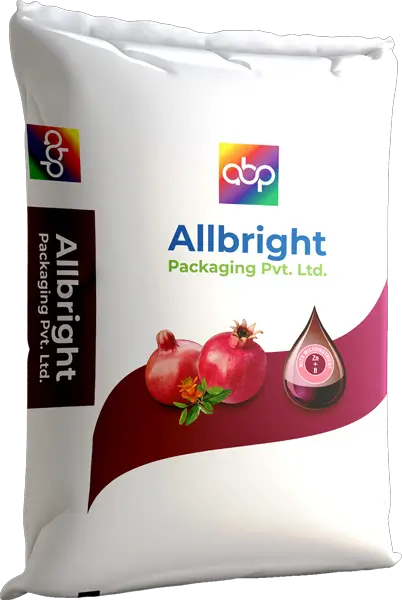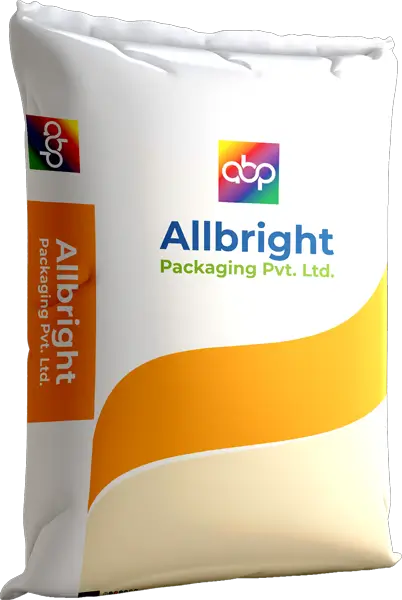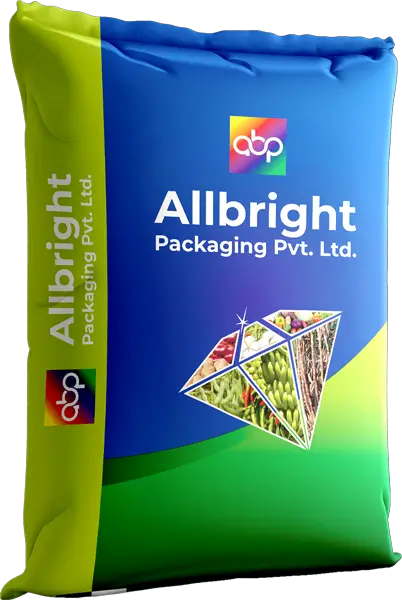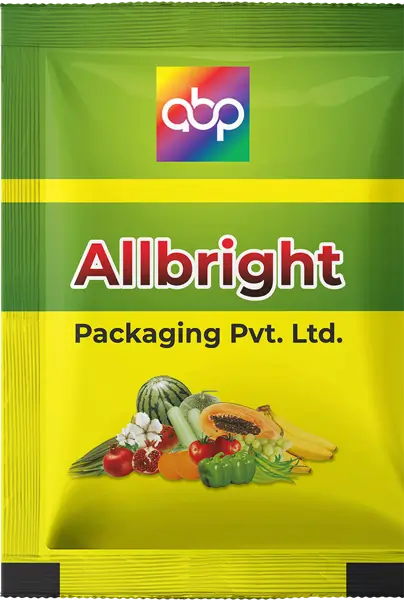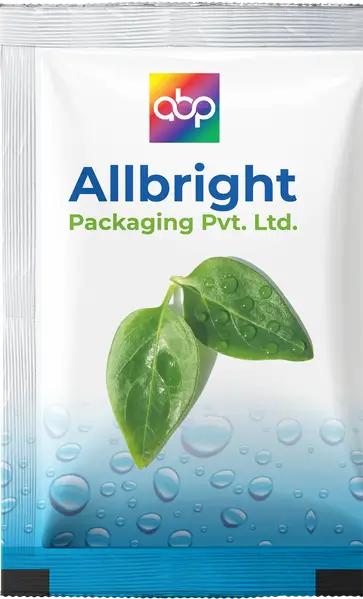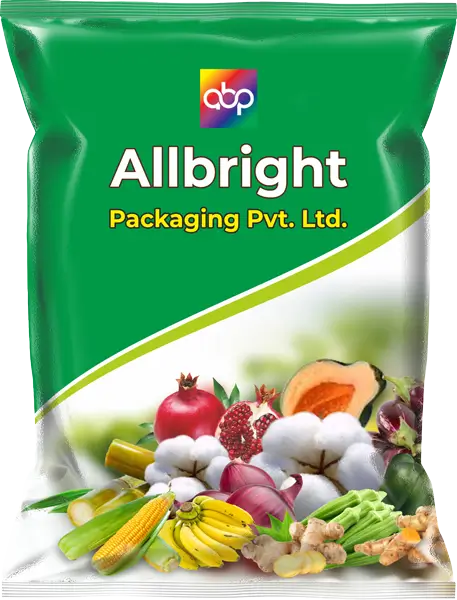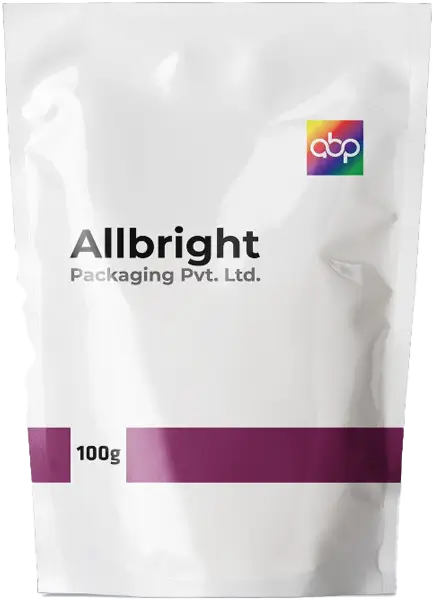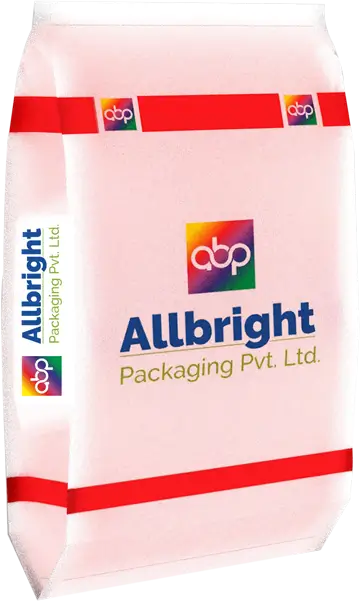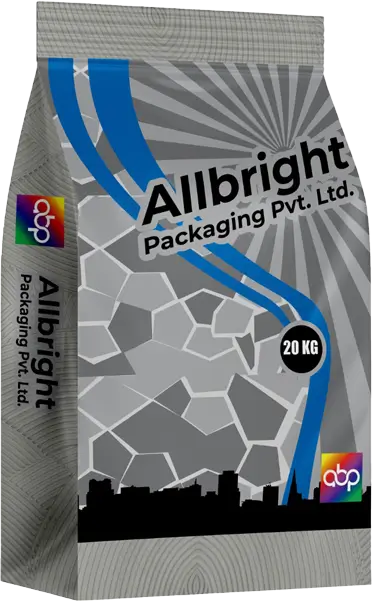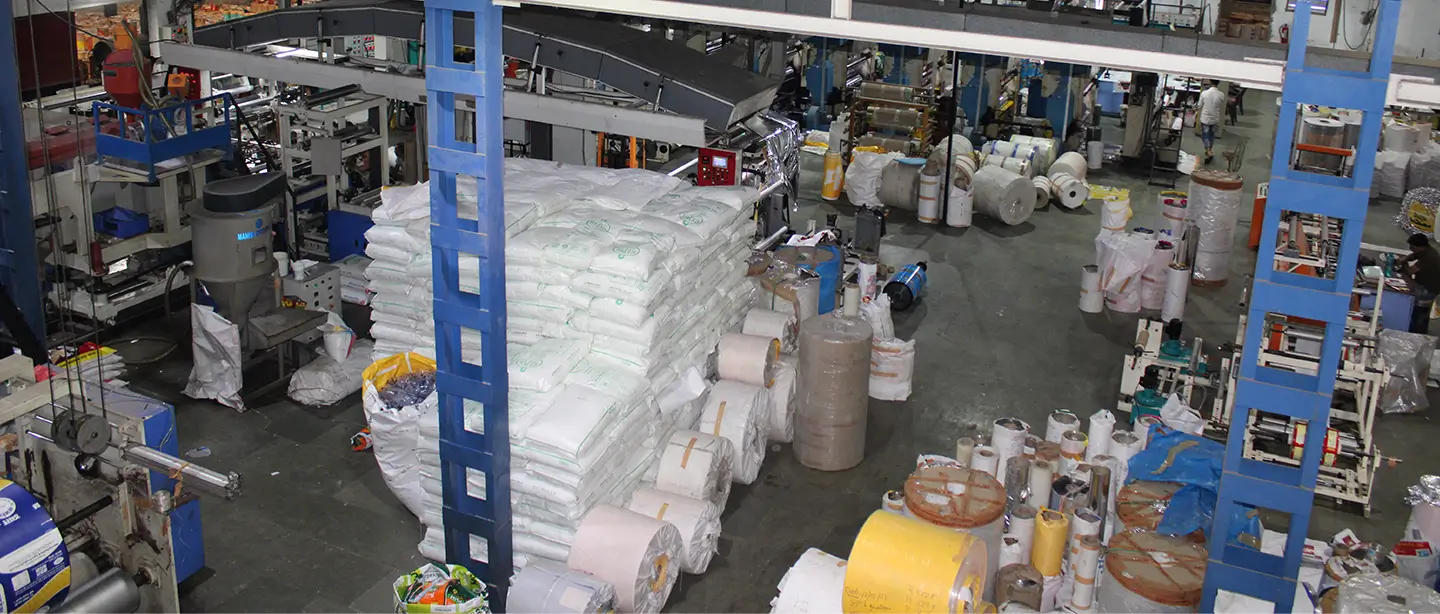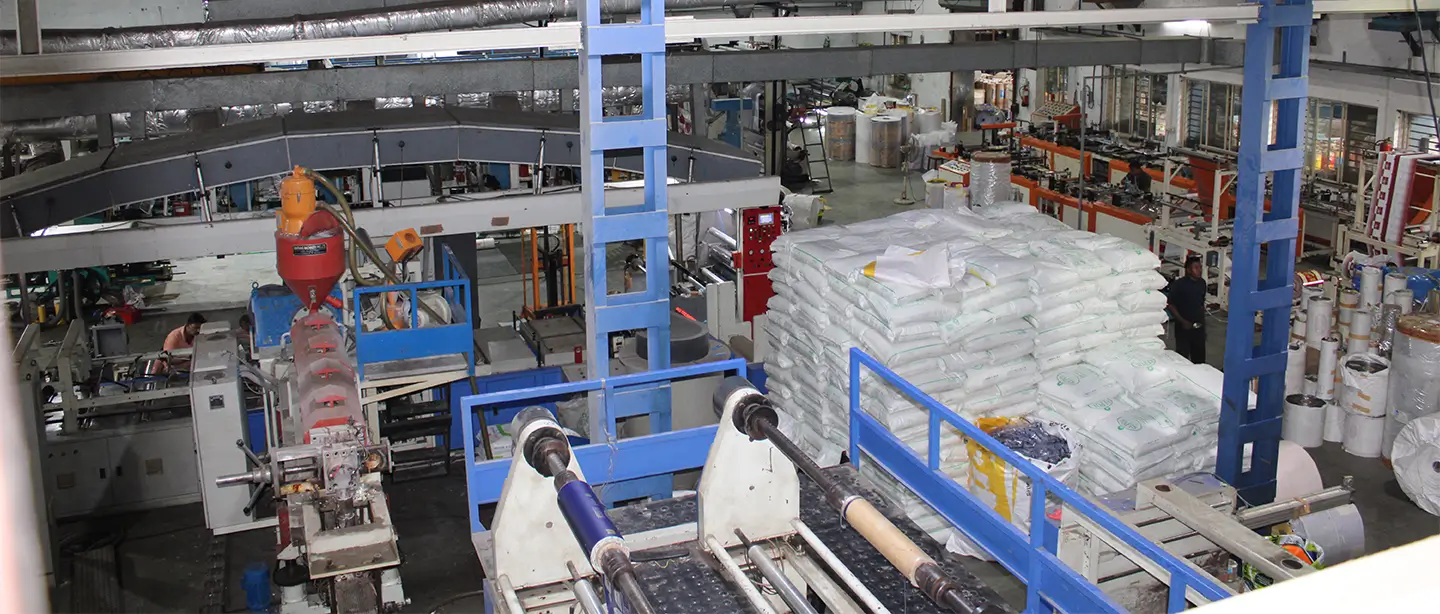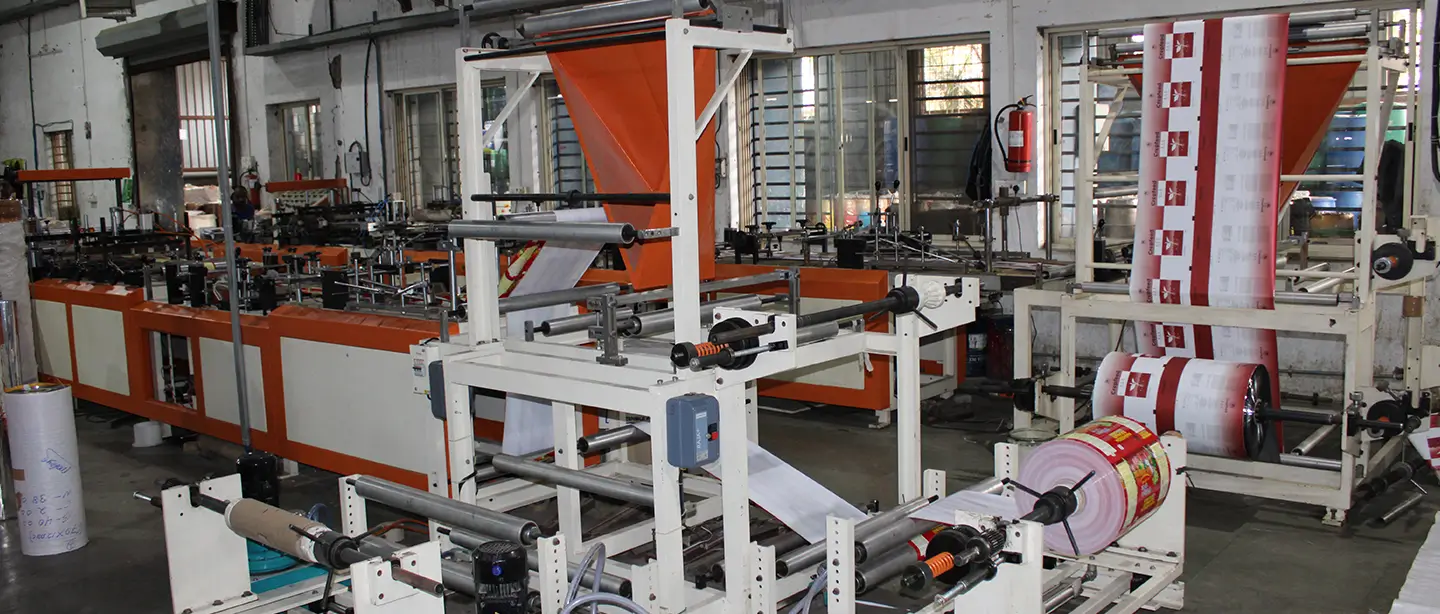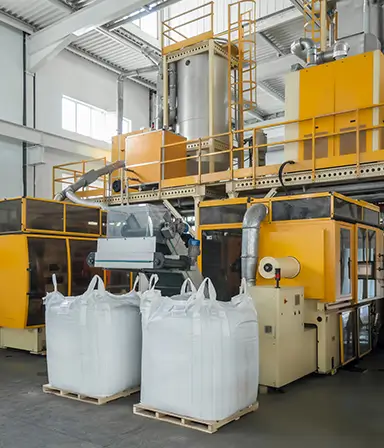Reimagining colors & quality with packaging



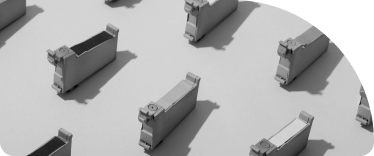
OUR PRODUCTS
HOW IT WORKS
Creating packaging that fits your brand
1. Client Onboarding and KLD Review
- We begin by onboarding you and reviewing your product’s Key Line Drawing (KLD). If you don’t have a design, we’ll create one for you.
- This step helps us fully understand your requirements and expectations.
2. Film Proof and Confirmation
- After finalizing the KLD, we proceed with cylinder making.
- We then share the Film Proof and Confirmation with you for review and approval.
3. Purchase Order and Production
- Once you issue the Purchase Order, we start the production process.
- Your product will undergo multiple rounds of quality checks to ensure it meets our high standards.
4. Readiness for Dispatch
- After passing quality checks, your product is ready for dispatch.
- We will notify you when your product is ready to be shipped.
5. Delivery and Post-Delivery Assistance
- We assist with the delivery of your product to ensure it arrives safely.
- Post-delivery, we provide support to ensure you are fully satisfied with our product and service.
WHERE IT’S ALL MADE
SUSTAINABILITY
Sustainability Considerations of BOPP Packaging
While BOPP packaging offers numerous advantages, the environmental impact of plastic-based materials has become a growing concern. However, PP and BOPP bags possess sustainable attributes that make them a viable option for recyclability and reusability.
Recyclability
BOPP films are recyclable, and efforts are being made to improve recycling infrastructure and processes to increase the recovery and reuse of BOPP materials.
Reduced Waste
BOPP packaging can help minimize waste by providing effective protection and preservation of products, reducing the need for excessive packaging and food waste.
Energy Efficiency
The manufacturing process of BOPP films is relatively energy-efficient compared to other plastic packaging materials, contributing to a lower carbon footprint.
Lightweight and Compact
BOPP films are lightweight and can be produced in thin, compact forms, reducing the overall material usage and transportation emissions.

